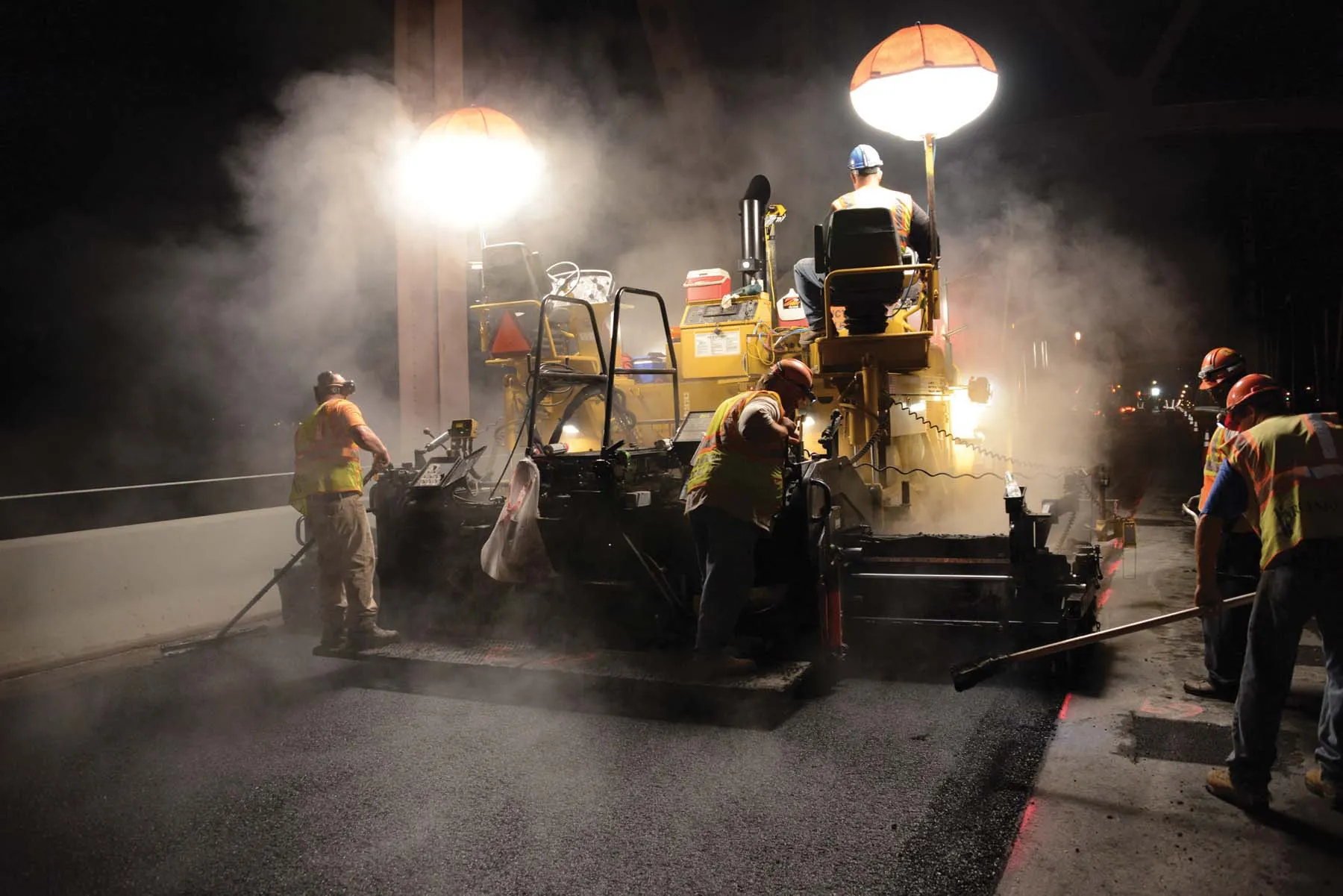US media are reporting that the International Union of Operating Engineers, which represents California state's maintenance workers, filed a grievance accusing the state of subjecting its members to hazardous conditions without proper training or equipment.
Workers also must face hostility from residents in encampments of homeless people whom they are having to move on and clean up after.
"Their job is to maintain the highways and freeways,” Steve Crouch, a director with the union, reportedly said. “That's filling the potholes, that's doing the striping of the lines, that's doing the guardrails alone the edge, that's trimming the trees and shrubs and bushes along the highway. Their job is not to clean up homeless encampments."
He said the union believes that the state is not issuing workers with essential personal protective equipment, giving them the necessary training, necessary vaccinations and proper compensation for the dangerous hazmat duties.
Crouch commented on the nature of hazardous material, including faeces, urine, feminine products, needles and syringes. Workers also face dangerous dogs owned by encampment residents.
California clean-up causing union commotion
Roadside crews in California are up in arms over cleaning up an increasing amount of garbage – much of it unhealthy, some of it potentially lethal.
US media are reporting that the International Union of Operating Engineers, which represents California state's maintenance workers, filed a grievance accusing the state of subjecting its members to hazardous conditions without proper training or equipment.
May 9, 2018
Read time: 2 mins
Roadside crews in California are up in arms over cleaning up an increasing amount of garbage – much of it unhealthy, some of it potentially lethal.







